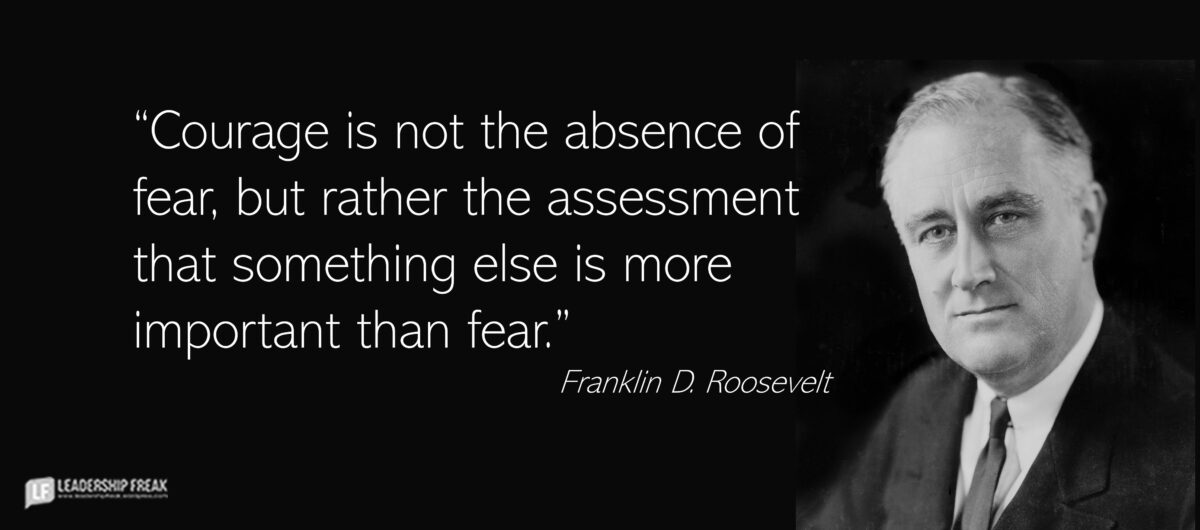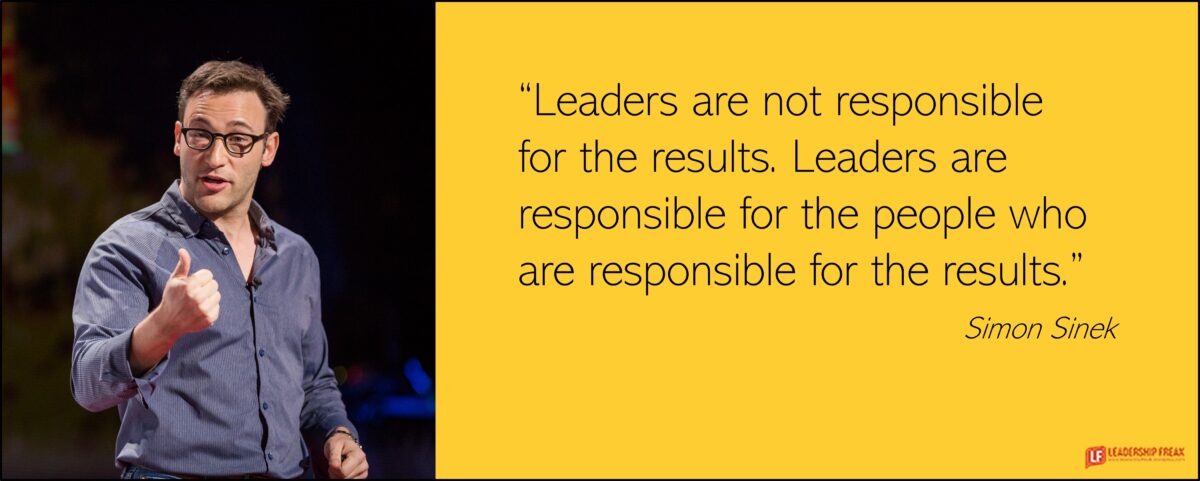5 Proven Methods to Add Energy to Others
Everything you do requires energy. Lousy leaders suck the life out of people. Remarkable leaders add energy.
5 proven methods to add energy to others:
#1. Ask for help.
Help-givers feel useful and important.
Your team members love to help you if they admire you.
When you receive help people feel important. When you consistently tell people you don’t need their help you tell them people don’t matter.
#2. Create progress.
Add energy by getting somewhere.
- Earn a small win.
- Set a near-term goal.
- Begin with an easy task.
- Use the 2-minute rule. If you can finish it in two minutes, finish it now.
- Choose someone to finish a task with you.
#3. Give control.
Add energy by making someone the head chef in their own kitchen. Teach them that knives are dangerous first.
Feeling powerful energizes.
Every plan they make amplifies their autonomy and increases engagement. Every plan you make – that someone else could make – disengages people.
#4. Affirm and challenge.
Affirmation followed by challenge energizes competent people.
Affirmation without challenge creates entitlement. Many affirmations should stand alone. Don’t give compliments and kick people in the pants all the time.
Affirm and challenge at the same time. First affirm. You’re great at building relationships. Second challenge. What does building relationships that accelerate results look like to you? Uncover specific behaviors to build productive relationships.
#5. Point out difference making.
Everyone wants to do things that matter. What will you do today that helps people see their work matters?
How could a leader add energy to their team today?
10 Unexpected Actions That Energize Your Team Today – Leadership Freak
The Unalterable Law of Energy – Leadership Freak
Bonus offer:
I’ll send you a hand signature plate if you purchase The Vagrant and leave a review on Amazon. Offer good through October, 2023. Copy and paste your review into an email along with your mailing address to thevagrantbook@gmail.com and well send you a hand signed signature plate.
Order The Vagrant:
Like this:
Like Loading…




































